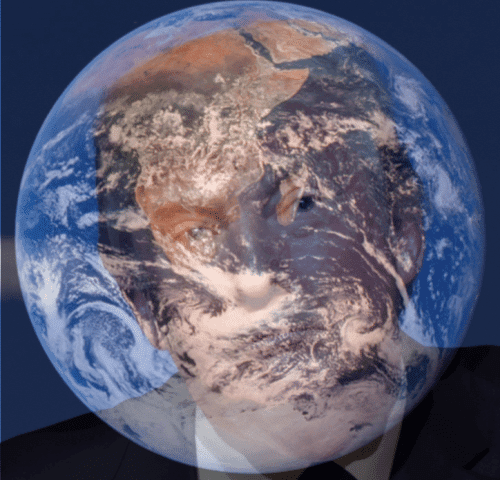
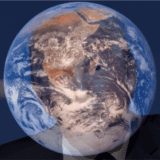
Co-published by Fast Company
As news broke Thursday that President Trump would pull out of the Paris climate agreement, California Gov. Jerry Brown was packing his bags for China to attend a convocation of multinational energy policy makers called the Clean Energy Ministerial.
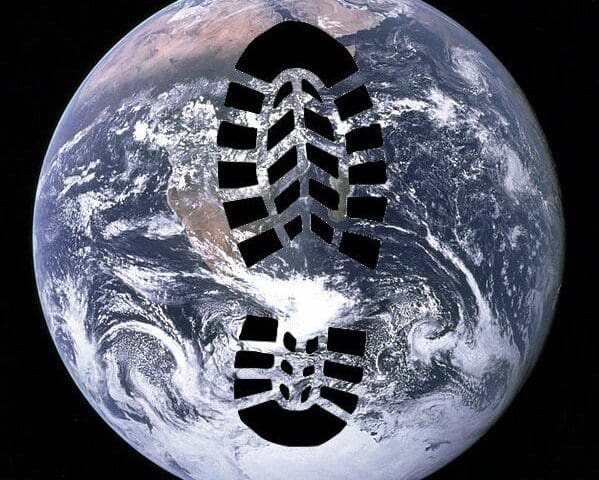

Love. Joy. Peace. That’s the message of the season. From carols to holiday cards to street signs, even shopping mall windows. These words hover next to the pervasive images encouraging us to buy, but somehow they persist despite the maze of mercantile messages, because they are the deep longings of human beings.
“No justice, no peace!” is what workers and activists often chant on picket lines. It turns out that without climate justice, we will also have no world peace. A recent Los Angeles Times story on El Niño and its potential “long-distance” or “teleconnected” effects quoted researchers arguing that “it doubles the risk of war in much of the Third World.”
Our military accounts for 80 percent of all the fossil fuels consumed by the U.S. government.
Peace activists have long identified war and the preparations for it as a major source of human-caused climate change.
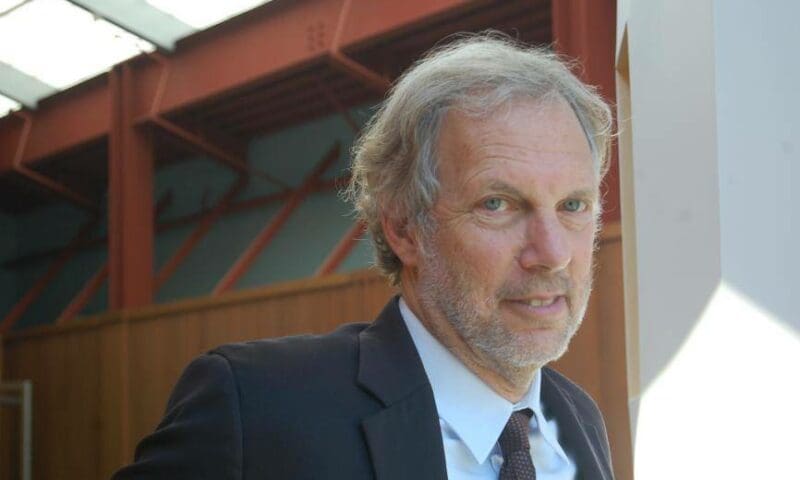
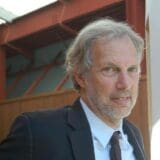
The debate may be over in the scientific community about the threat of man-made climate change. But as world leaders continue negotiating in Paris this week at an international climate conference, many questions remain about what it will take to come up with a workable plan to limit greenhouse gas emissions enough to avoid catastrophic warming.
University of Massachusetts at Amherst economist Robert Pollin injects a note of optimism into the discussion with his recently published book, Greening the Global Economy (MIT Press). Pollin estimates that we need to invest about 1.5 percent of global GDP annually in clean energy and energy efficiency in order to slow warming enough to maintain a livable planet. The good news, he argues, is that we can decarbonize our economy without sacrificing economic growth and prosperity. Capital & Main interviewed Pollin while he was in New York on a book tour.[divider]
Capital &
» Read more about: Robert Pollin Sees a Bit of Rainbow During Paris Climate Talks »
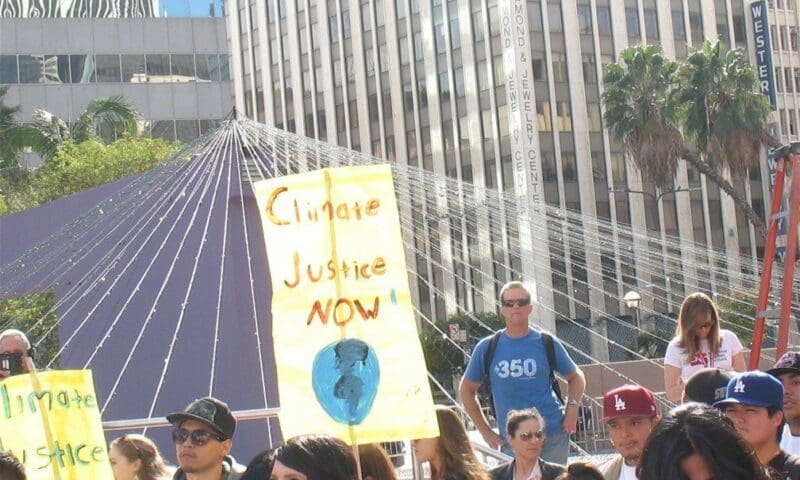

On Thursday afternoon a fired-up, thousand-strong gathering of nurses and environmental activists packed into Los Angeles’ Pershing Square to voice their concerns about the bleak prospects of climate change, and to demand a global agreement that reduces greenhouse gas pollution. The rally was timed to coincide with the current United Nations Climate Change Conference in Paris and other environmental justice protests taking place across the U.S.
Dubbed “The Climate Crisis Is a Public Health Crisis,” the event was organized by the National Nurses United (NNU), a labor union whose members were wrapping up a two-day convention at the downtown JW Marriott.
Rolanda Watson-Clark made the trip from Chicago, and told Capital & Main, “Nurses have always been at the front of social movements, so here we are.” She explained how, in the Windy City, inner city children are deeply affected by petroleum waste products in the air.
» Read more about: Nurses Address Climate Change: "Our Planet Is My Patient!" »


Bad enough that the climate is changing and humans are causing it; worse, most of us don’t even want to talk about it.
“Where are the books? The poems? The plays? The goddamn operas?” asked author and climate activist Bill McKibben a decade ago on Grist, comparing the climate crisis to the AIDS epidemic, which, McKibben noted, produced “a staggering outpouring of art that, in turn, has had real political effect.”
To be fair, that has started to change: Authors such as Paolo Bacigalupi (The Water Knife) and filmmaker Larry Fessenden (The Last Winter) have begun to address environmental catastrophe in their works. But it’s likely that other authors, artists and goddamn opera writers have assumed that their climate-focused work would struggle for an audience: A recent Pew Research Center poll found that only 42 percent of U.S. citizens consider rising seas and global temperatures disturbing.
» Read more about: The Heat’s On: An L.A. Arts Festival Tackles Climate Change »
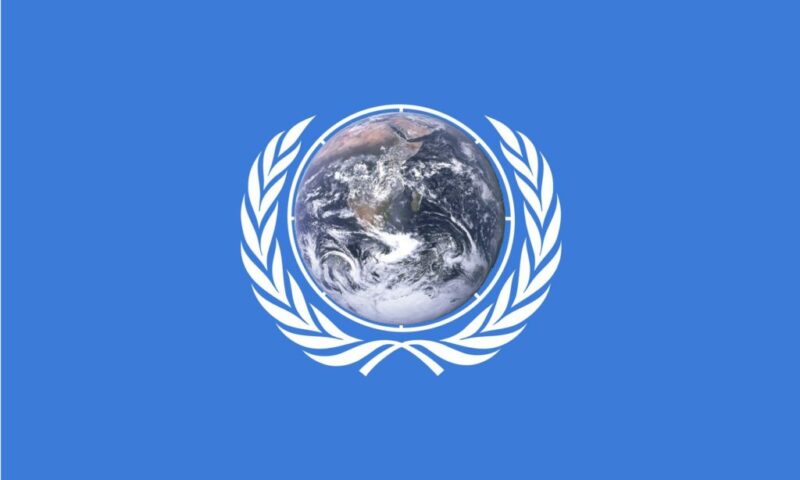

Will the United Nations conference on human-caused climate change move toward saving the earth for habitation? That’s what’s at stake as the heads of the world’s nations gather in Paris on November 30 through December 11. They intend to put teeth into the U.N.’s “framework” that is aimed to reduce carbon emissions, and which has been adopted by some 195 countries. But will they?
Bill Gates doesn’t think so. In an interview in The Atlantic, Gates praised countries for pledging to roll back emissions by 80 per cent, but cast doubts about their ability to reach that goal. It’s not that he thinks government is particularly inept and that the private sector could do it. He really doesn’t think that either can or will.
He believes that people will cut the easy stuff first, leaving the hard-to-do for the latter half of the time frame.
» Read more about: Paris Climate Change Conference: A Planet in the Balance »